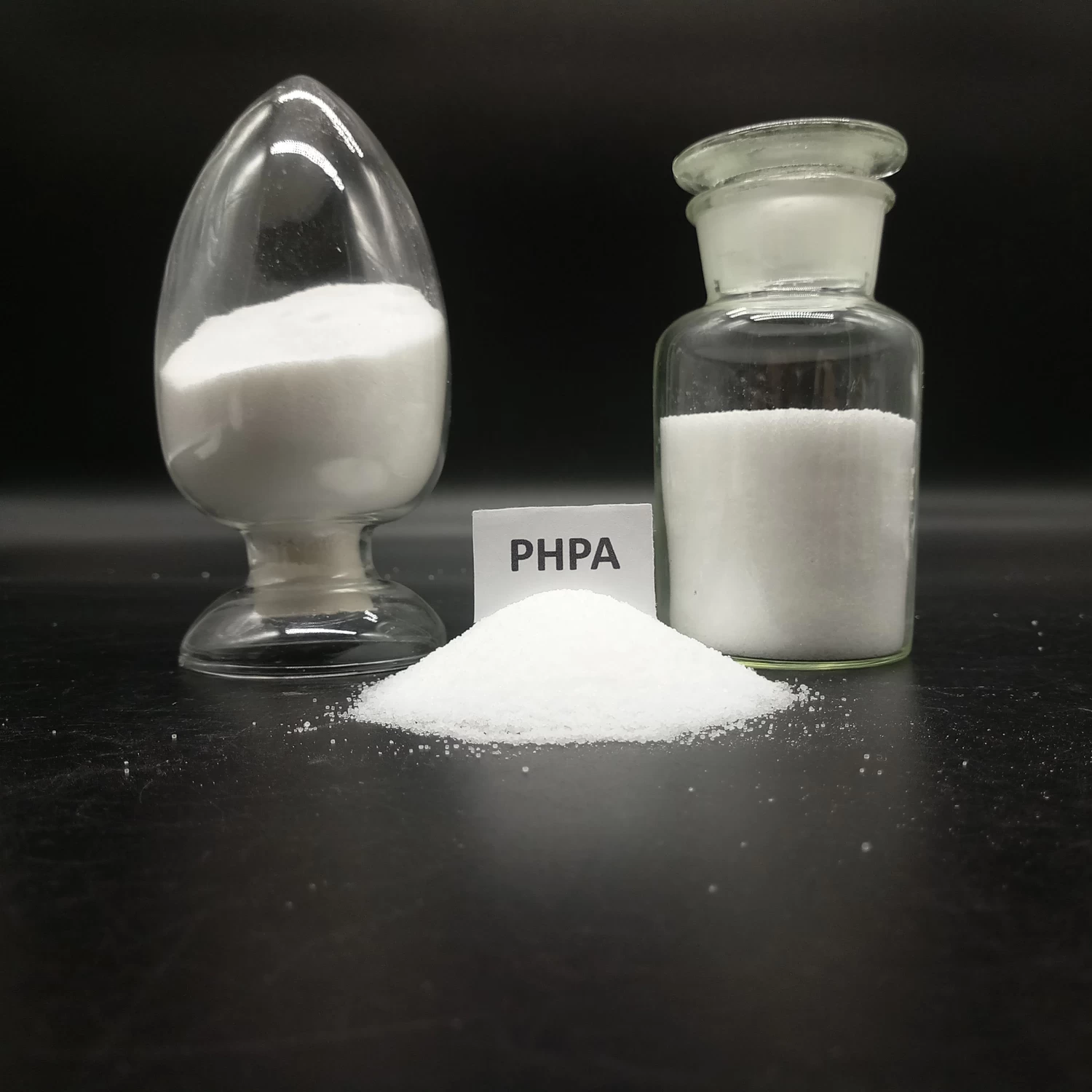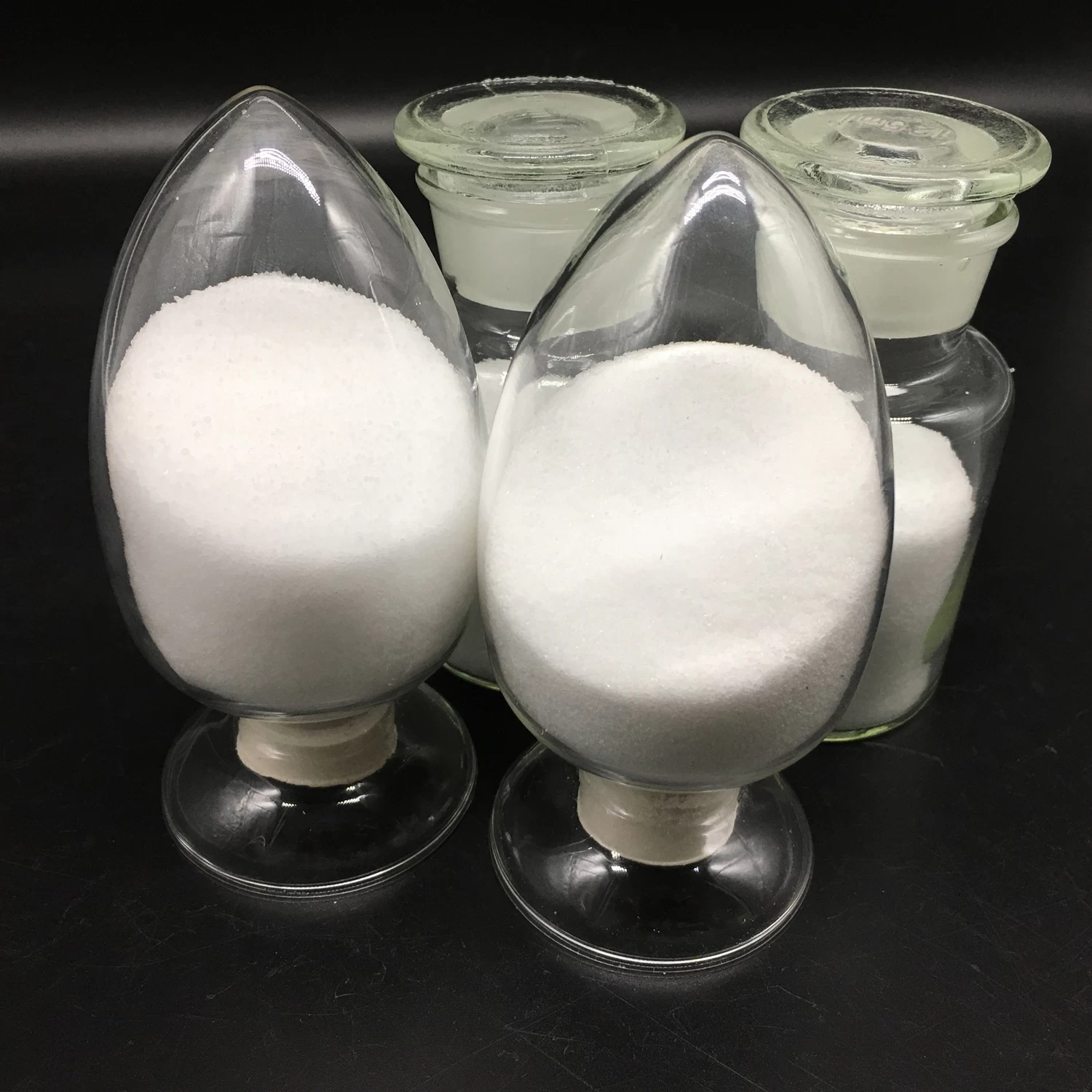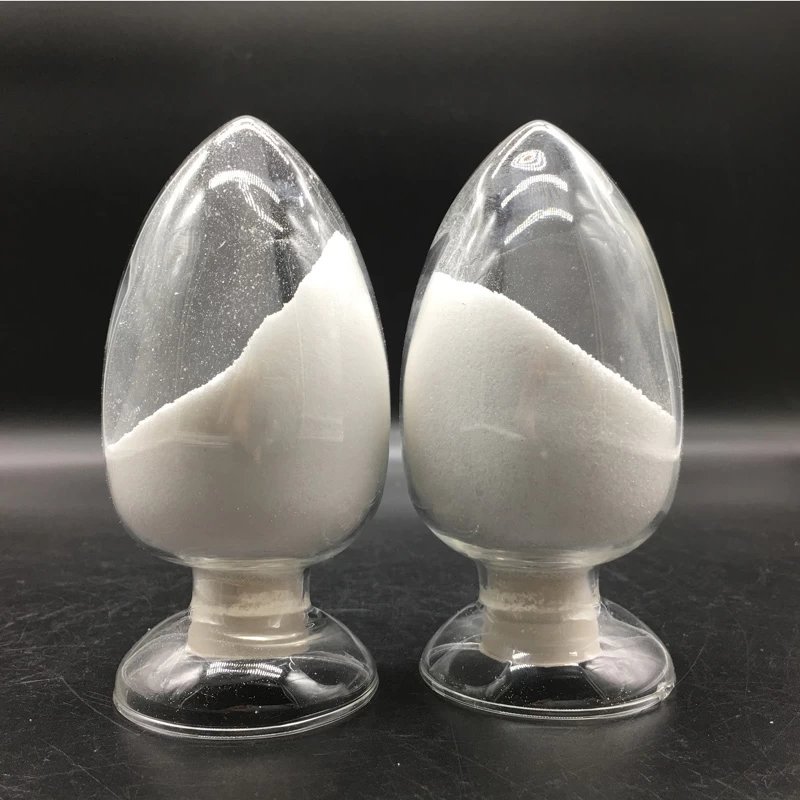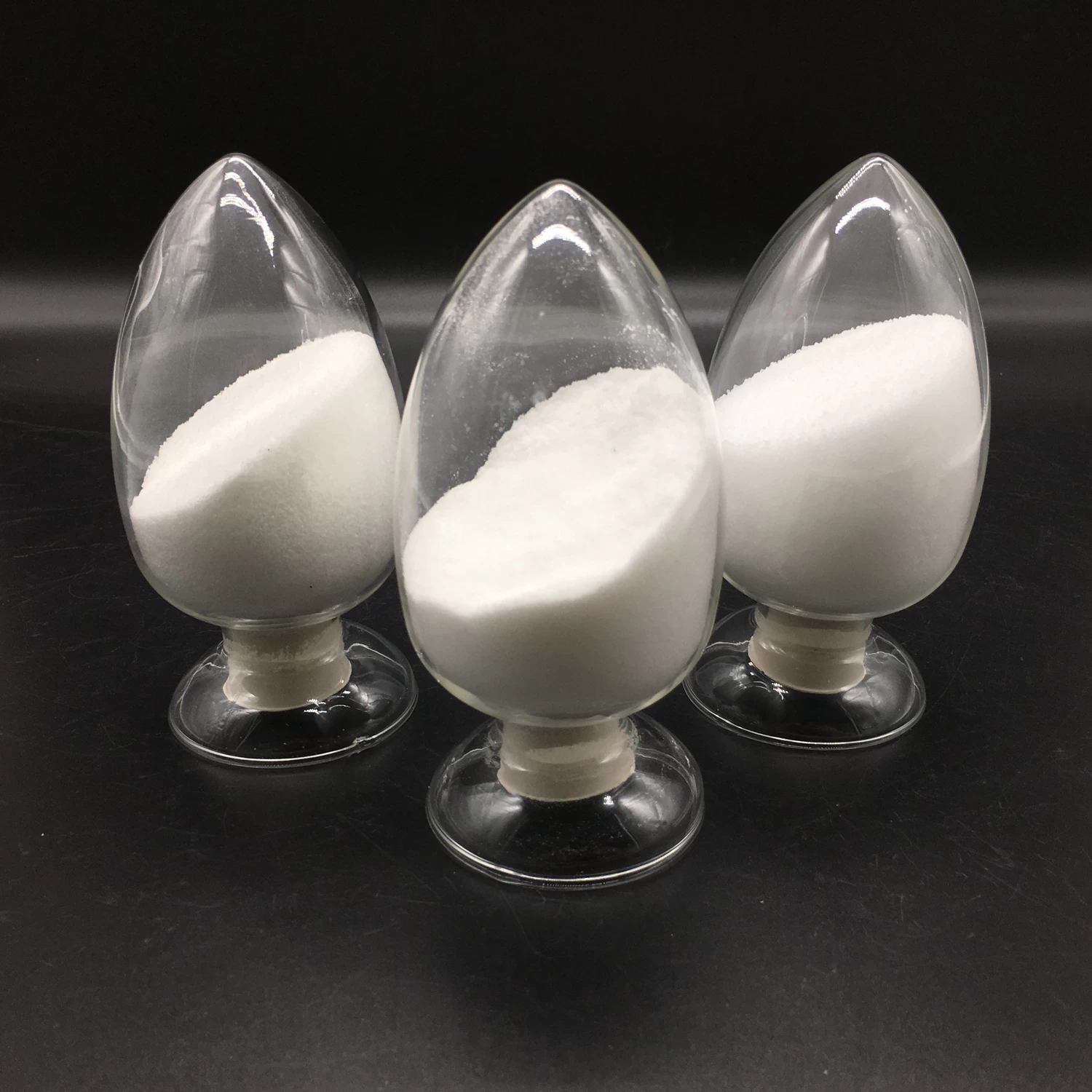The effect of polyacrylamide in concrete
Hana Wang
Original
2021-05-28 11:04:59
The effect of polyacrylamide in concrete, pam flocculant has a significant effect on the cement concrete bridge deck pavement, which can improve the flexural strength, bonding strength, flexural toughness and abrasion resistance, and can reduce the flexural ratio and permeability And contractility. Due to its high viscosity, low price and good water retention effect, we generally recommend using anionic flocculants. We will also use putty powder as a thickener, mortar king top, concrete, basically to increase the viscosity of the product, the scope of application is more extensive. Both anionic and non-ionic products take advantage of their viscosity, water retention, flocculant, lubricity and other characteristics to give play to their unique application advantages.
Studies have shown that adding a small amount of organic polymer, such as polyacrylamide, to cement concrete has become a new trend for improving the performance of cement concrete. Because the long molecular chain structure of organic high molecular polymer and the spin of the link or segment in the macromolecule determine that it has different properties from inorganic non-metallic materials—elasticity and plasticity, polyacrylamide is added in The density of concrete can be increased in concrete. Polyacrylamide is a water-soluble polymer with good flocculation properties and can reduce frictional resistance between liquids. According to ionic characteristics, it can be divided into four types: non-ionic, anionic, cationic and amphoteric.
In use, some people use anions as glue. Usually, anionic polyacrylamide with a molecular weight of 16-18 million is used as glue. If the molecular weight is too low, the proportion of production will be significantly reduced and the quality cannot be guaranteed. Studies have shown that polyacrylamide can improve the flexural strength, bonding strength, flexural toughness and abrasion resistance of the cement concrete bridge deck pavement, and can reduce the flexural ratio, permeability and shrinkage. Generally, anionic polyacrylamide can be used according to the reactions of customers.
Studies have shown that adding a small amount of organic polymer, such as polyacrylamide, to cement concrete has become a new trend for improving the performance of cement concrete. Because the long molecular chain structure of organic high molecular polymer and the spin of the link or segment in the macromolecule determine that it has different properties from inorganic non-metallic materials—elasticity and plasticity, polyacrylamide is added in The density of concrete can be increased in concrete. Polyacrylamide is a water-soluble polymer with good flocculation properties and can reduce frictional resistance between liquids. According to ionic characteristics, it can be divided into four types: non-ionic, anionic, cationic and amphoteric.
In use, some people use anions as glue. Usually, anionic polyacrylamide with a molecular weight of 16-18 million is used as glue. If the molecular weight is too low, the proportion of production will be significantly reduced and the quality cannot be guaranteed. Studies have shown that polyacrylamide can improve the flexural strength, bonding strength, flexural toughness and abrasion resistance of the cement concrete bridge deck pavement, and can reduce the flexural ratio, permeability and shrinkage. Generally, anionic polyacrylamide can be used according to the reactions of customers.
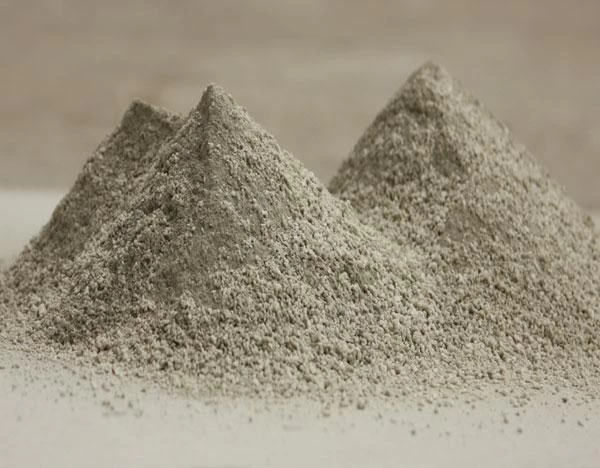

 E-mail:info@welldonechina.com
E-mail:info@welldonechina.com +86-17664031716
+86-17664031716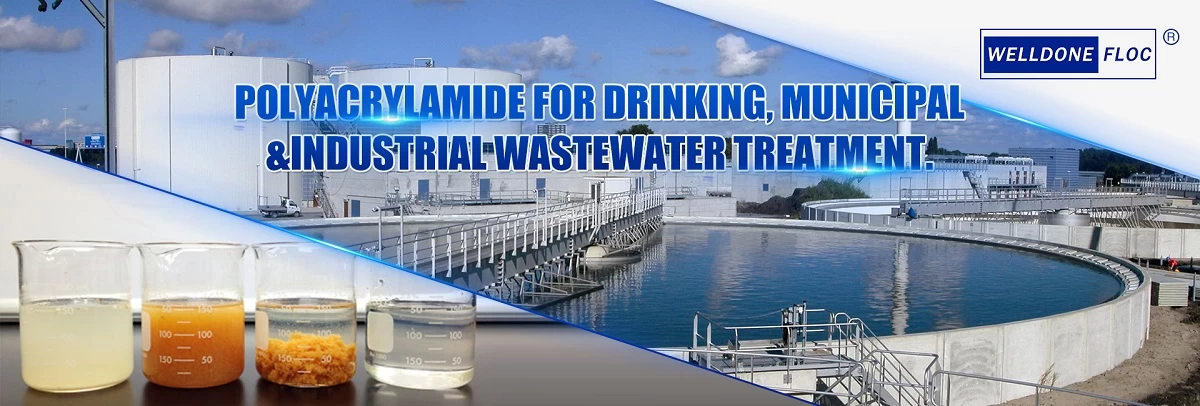
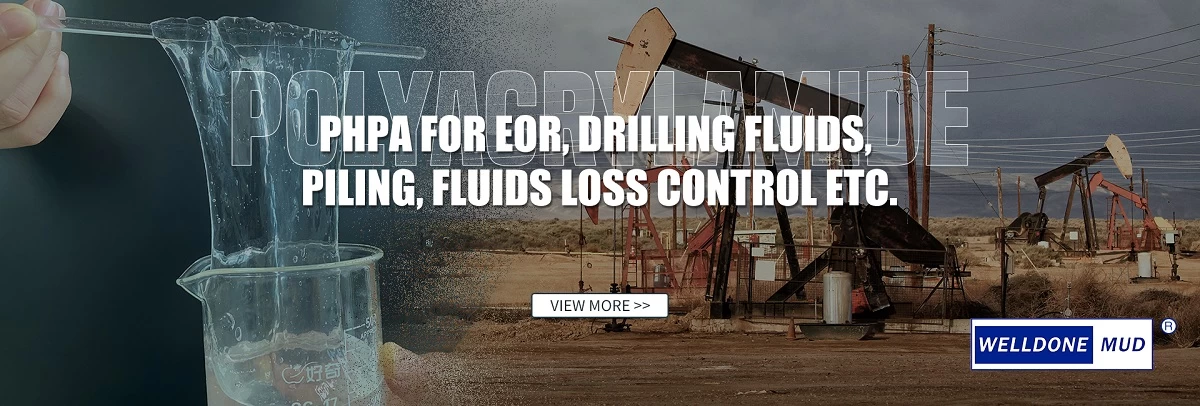
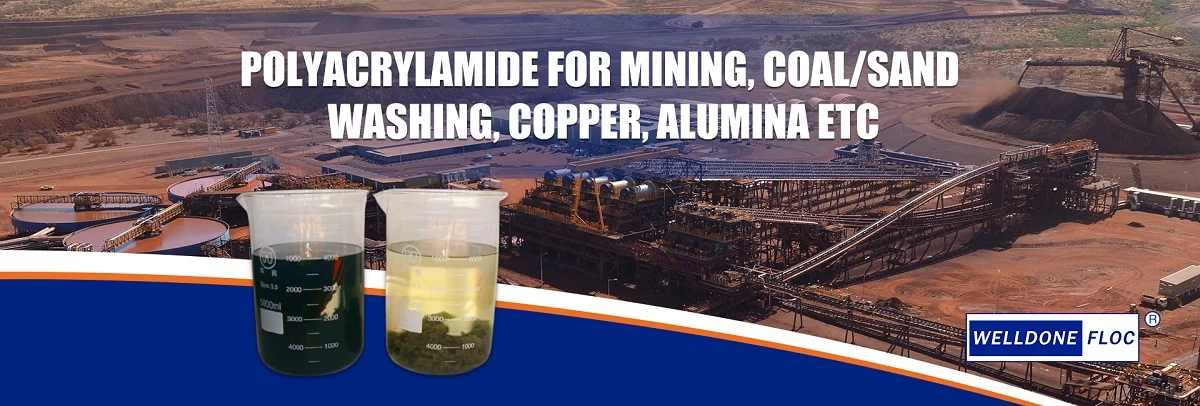
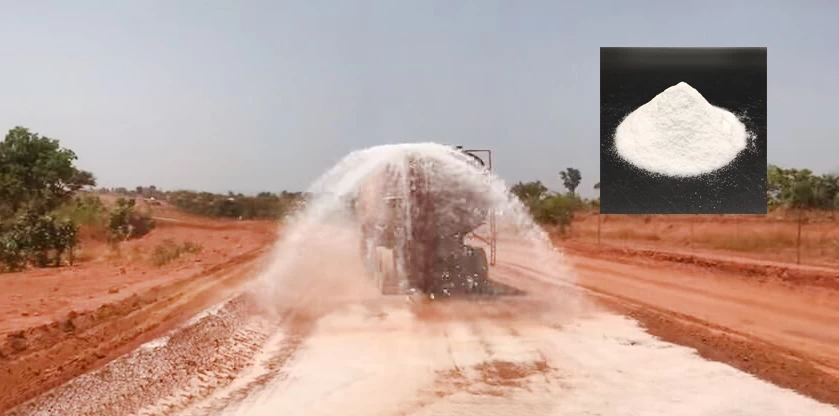
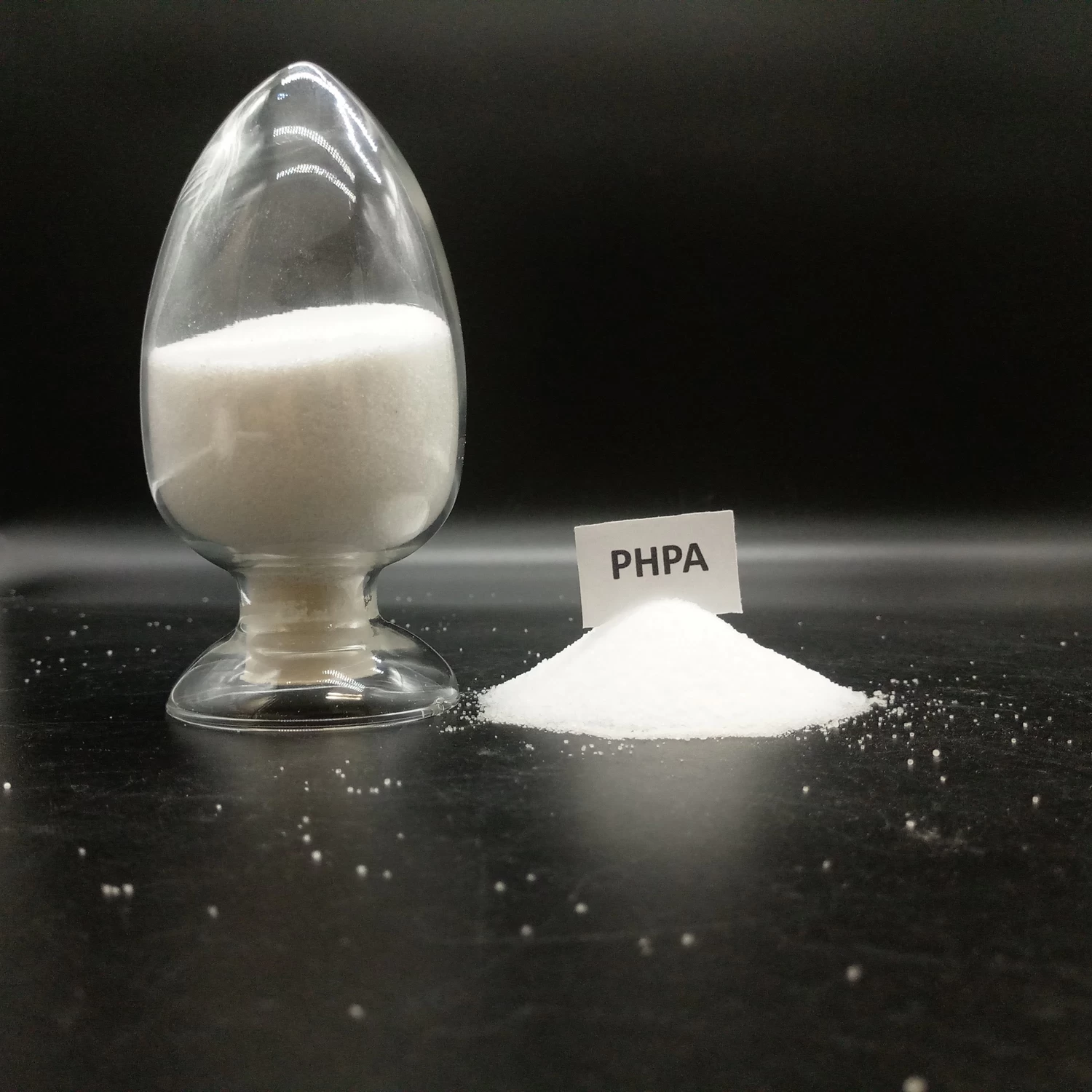
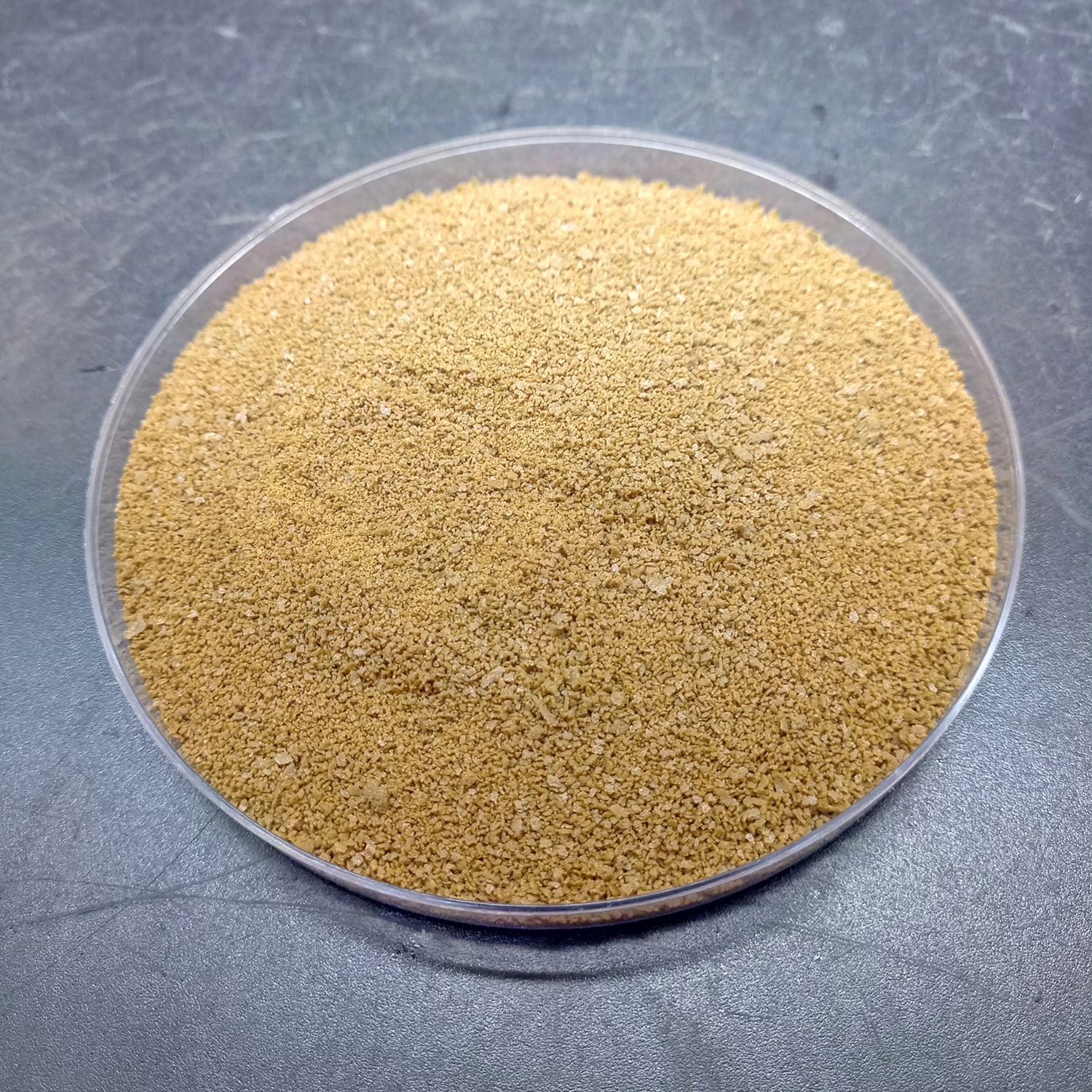
-for-drilling-muds.png.webp)
